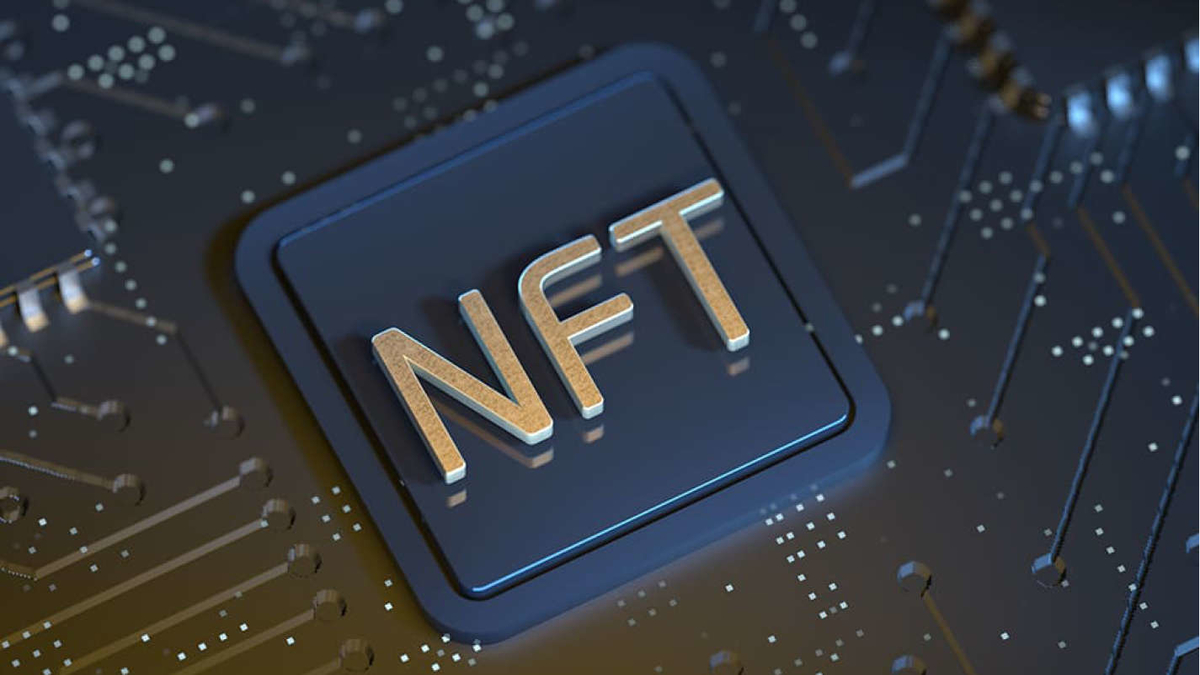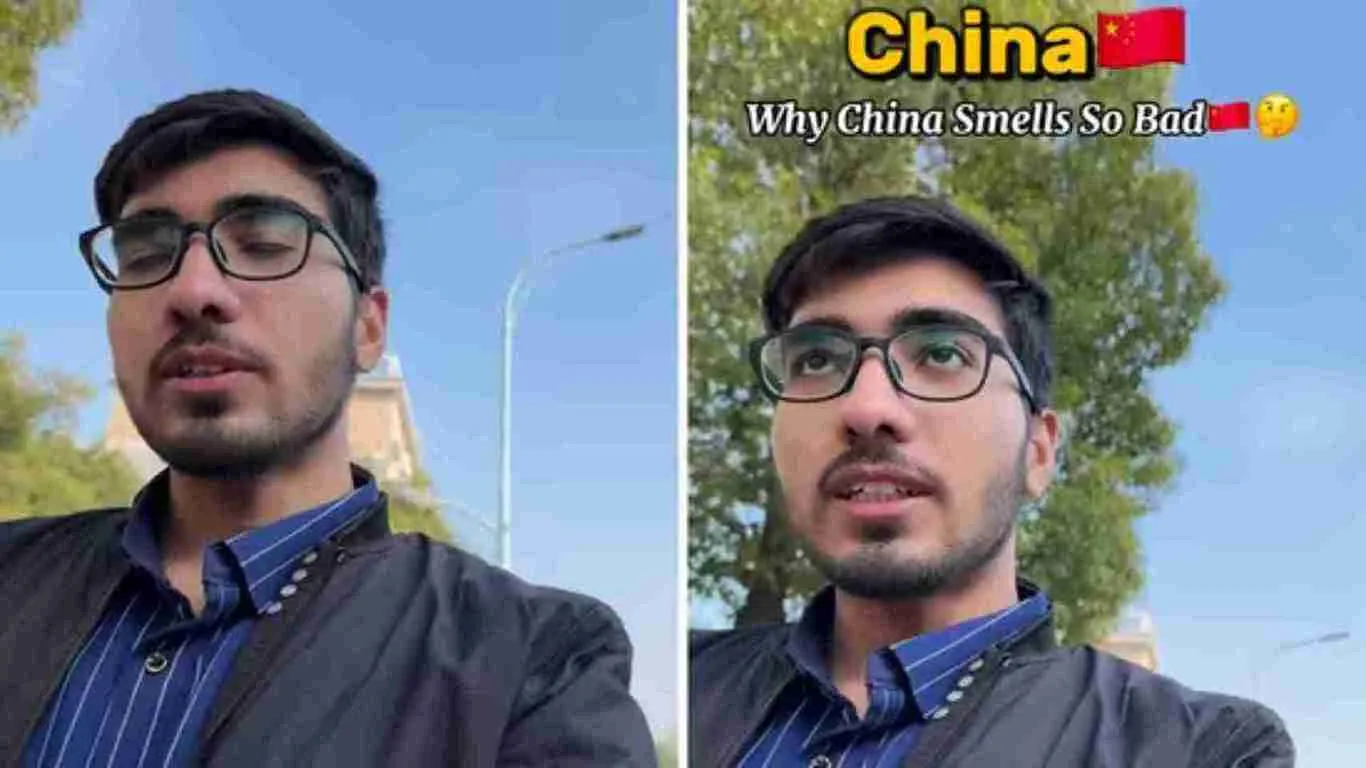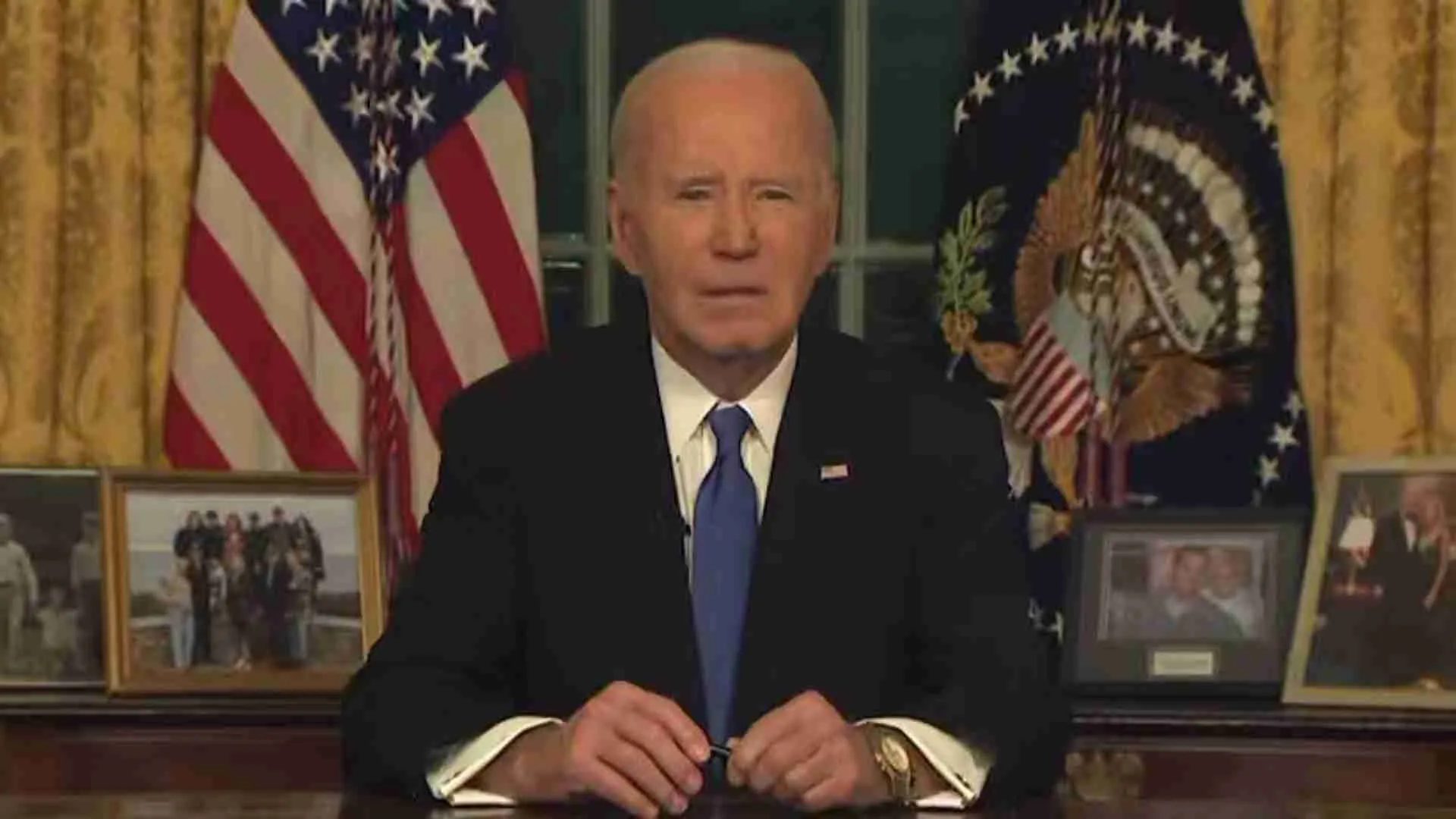A social experiment concocted by Dutch artist Dadara and NFT digital rights management platform RAIRtech to provide immutable blockchain identity has resulted in the creation of 7.9 billion digitally identical NFTs of CryptoGreyman.
While physically, the NFTs all look the same, each carries its own serial number – a commentary on the way in which people are viewed in the centralised corporate world generalised to numbers.
In a sea of NFTs that artificially create scarcity by imposing ‘rare’ traits, limited collections, and exclusive communities, the identical CryptoGreyman NFTs – available for purchase for 1 MATIC ($2.05 USD) – seek to be the opposite.
“I see this as a dead-serious prank, which can rattle the cage of consensual reality and elevate the conversation. It’s an experiment with an unpredictable outcome,” said artist Dadara. “No one specific NFT is better than another, and because the minting price is widely accessible it will be interesting to see what value each individual CryptoGreyman holder brings.”
The NFTs feature the Greyman character, originally created by Dadara in the 1990s, but have been given a pixelated, web3 makeover. The NFT’s only unique characteristic is the serial number, which is given out in sequential minted order. The project is a commentary on the way that government and corporate society have stripped people of their individuality, often reducing them to numbers and statistics, which is paralleled by the unrelenting pressure that social media has put on people to be radically unique. By launching CryptoGreyman, Dadara hopes to raise conversation on the potential in the decentralized Web3 space to create a more honest form of individuality, by putting the users first.
“This year this whole NFT “status symbol” idea has really developed, to the point where people will spend hundreds of thousands of dollars on a Bored Ape NFT or other PFP projects and will use that piece of digital uniqueness as what defines them. This project is more democratised, the barrier for entry is intentionally low,” said Garrett Minks, CTO of RAIRtech. “When a person purchases a CryptoGreyman, that attached serial number is theirs. That number, if they chose to keep it, will be theirs until the end of time, or the blockchain ceases to exist.”
This project is not only a statement piece, it also brings real-world benefits to refugees. The project has teamed up with non-profit Movement on the Ground, an organisation that seeks to dignify refugee reception across the globe. RAIRtech is placing 2,222 of the most coveted numbered NFTs in a treasury. Movement on the Ground will disperse those reserves as part of an educational program that teaches refugees how to set up a wallet and sell their NFTs, enabling the start of their new lives with a wallet that can travel with them anywhere.
The cause was chosen because one of the largest issues that refugees face is the struggle to obtain the proper forms of identification needed to seek refuge. Often refugees and asylum seekers are seen by countries and governments, not as people who have fled unimaginable situations not of their own making, but rather as piling paperwork on a desk.























